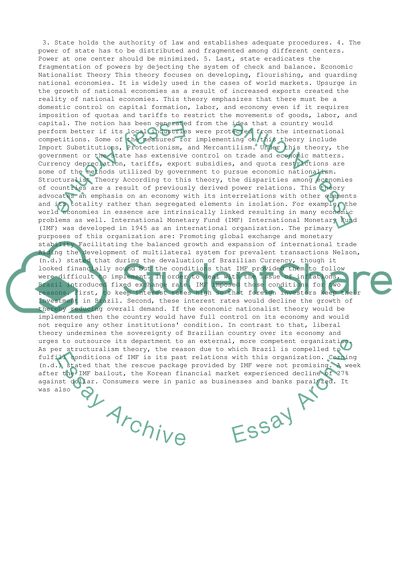Cite this document
(“GLOBAL BUSINESS STRATEGY - IMF Essay Example | Topics and Well Written Essays - 1250 words”, n.d.)
Retrieved from https://studentshare.org/business/1497442-global-business-strategy-imf
Retrieved from https://studentshare.org/business/1497442-global-business-strategy-imf
(GLOBAL BUSINESS STRATEGY - IMF Essay Example | Topics and Well Written Essays - 1250 Words)
https://studentshare.org/business/1497442-global-business-strategy-imf.
https://studentshare.org/business/1497442-global-business-strategy-imf.
“GLOBAL BUSINESS STRATEGY - IMF Essay Example | Topics and Well Written Essays - 1250 Words”, n.d. https://studentshare.org/business/1497442-global-business-strategy-imf.


